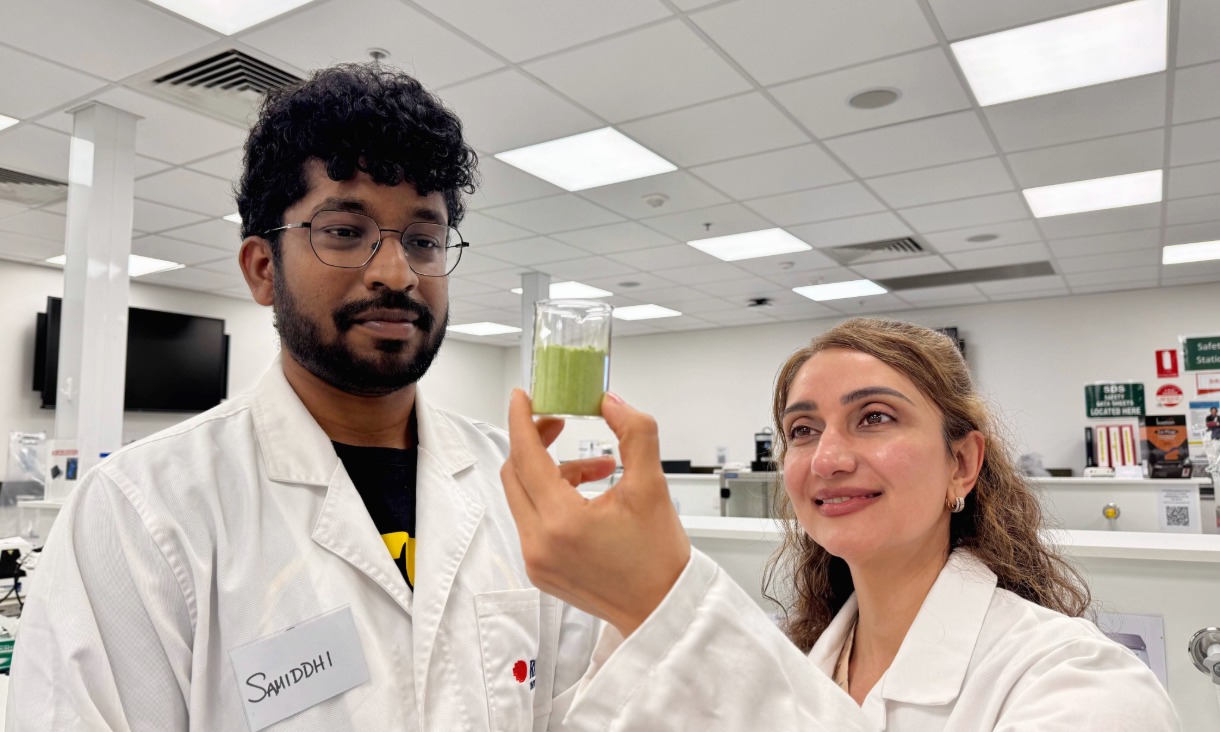The report — Are people ready for a Digital CBD? The new infrastructure demands — draws on the results of a survey of more than 2000 Melbourne residents conducted across metro, suburban and regional centres in April 2022, not long after Melbourne re-opened, following a series of COVID-19 lockdowns
Early findings from the 2022 Digital CBD survey are outlined in the report by the RMIT Centre for Cyber Security Research & Innovation, RMIT Blockchain Innovation Hub, and the RMIT Digital Ethnography Research Centre, and provide valuable insights into Melburnians’ post-pandemic work practices, including how often residents work from the office versus home, how they feel about their working environment, and how they would like to balance home and office-based work in the future.
Key findings include:
RMIT’s Digital Ethnography Research Centre Co-Director Professor Tania Lewis said the report highlights the implications of an increase in working from home practices, including ensuring that access to work environments through the interfaces of digital infrastructures can be made more inclusive.
“Peeling back the layers of what makes a community, city or nation work smoothly reveals details of how these infrastructural systems are operating in the present, as well as showing us trends over time. What kinds of infrastructure will be needed for a future digital CBD whose benefits are equitable and accessible to all,” Lewis said.
Report author Dr Alexia Maddox said research indicates that skill levels, internet access and general digital abilities will shape the extent to which residents can engage with a digital CBD and benefit from the resources, experiences and opportunities that it has to offer.
“The survey gave us a living baseline from which to benchmark changes in how Melbourne residents engage with the city in areas such as working, learning and thriving.”
“What we found from the data, and digging into emerging and available evidence, was that whilst Melbourne residents generally have high digital skills, we still need to build these for marginalised communities,” she said.
“We also found that the work from home trend and hybrid work arrangements, that traced out with a regional diaspora fleeing the city and looking for a tree change, looks set to continue. To support this decentralised workforce, we are going to need strong digital corridors that support the combination of remote work and commuting.” she added.
The report also identifies key issues around how a decentralisation of the workforce reconfigures what the role of the city is, and how a digital CBD will remain a central infrastructure or digital place for Melburnians.
AR/VR and mixed reality environments are also explored as immersive and playful experiences and critical steps into a digital CBD.
This report — Are people ready for a Digital CBD? The new infrastructure demands — is the final report in the Digital CBD Project research series commissioned by the Victorian Higher Education State Investment Fund (VHESIF).
It is available for download from August 25, 2022.
The last four reports are available for download here
More information: https://www.rmit.edu.au/digitalcbd
Story: Rachel Wells and Sally Piper







